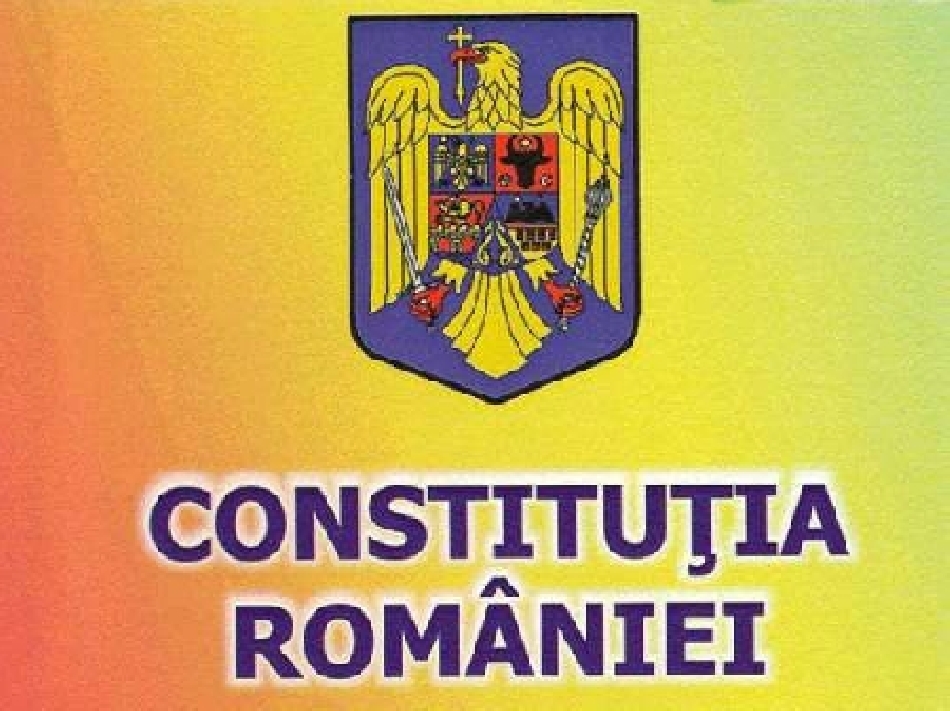The Final Vote on Romania’s Draft Constitution
Members of the Parliament Committee in charge of revising Romania’s Constitution have cast their final vote on the draft of this fundamental law. From a political point of view the most important amendment is the separation of the prerogatives of the two Parliament chambers. So, the Chamber of Deputies will mainly have legislative prerogatives, whereas the Senate will be in charge of controlling public institutions and appointing people in leading positions. Major decisions, such as those concerning the national security strategy, will be made by the two chambers assembled in plenary sessions. Social-democrat senator with the ruling coalition, Ioan Chelaru explains.

Roxana Vasile, 05.02.2014, 13:33
Members of the Parliament Committee in charge of revising Romania’s Constitution have cast their final vote on the draft of this fundamental law. From a political point of view the most important amendment is the separation of the prerogatives of the two Parliament chambers. So, the Chamber of Deputies will mainly have legislative prerogatives, whereas the Senate will be in charge of controlling public institutions and appointing people in leading positions. Major decisions, such as those concerning the national security strategy, will be made by the two chambers assembled in plenary sessions. Social-democrat senator with the ruling coalition, Ioan Chelaru explains.
“I believe that what we do here is supposed to be a real reform of Parliament. The Chamber of Deputies will mainly have the prerogatives of a legislative body, that is almost 90% of the activity, while the Senate will share a 10 % decision-making prerogative but will be mainly in charge of assessing the activity of various institutions and making appointments.”
The new constitution draft introduces the principle of constructive censure motion, but eliminates the simple motion, under which a certain minister could be replaced. The MPs will no longer be tried by the Higher Court of Cassation and Justice but by regular courts. Here is Liberal Crin Anotnescu, chair of the revision committee:
”MPs will be tried just like any other citizen and will be subject to the same procedures as regular citizens, because as I have repeatedly said, we are all equal before the law.”
Under the new draft Constitution, the country’s president or 250 thousand eligible voters will no longer need Parliament approval to stage a referendum. In the field of justice, the new law would allow for the use of evidence obtained illegally if they favour the defendant. Members of the Parliament Committee in charge of revising the Constitution have equally renounced an article, which allowed the prosecutors to start a 48 hour phone-tapping procedure without a warrant issued by a judge. Under the new law, magistrates would have to pay fines if they made a decision out of bad faith or negligence.
Once finalized by the Parliament Committee, the revised draft will be submitted to the government, from where it will go to the Constitutional Court and concurrently to the Venice Commission. Last year the aforementioned European body came up with a series of suggestions for Bucharest authorities, highlighting the weaknesses of a first draft that was eventually scrapped. Romania’s political class without exception believes the fundamental law must be amended, but there are divergent opinions on the amendments to be operated.






























